Serefiye Cistern – The Legacy of Theodosius II
Emperor Theodosius II who ruled Constantinople from 428 to 443 AD, began construction of a water depot with the aim of supplying water to the inhabitants of what is now called Istanbul. Fresh water was drawn from Belgrade Forest and its surrounds and distributed to the city by a 250km long series of canals leading to the Aqueduct of Valens, still visible today. The bridge, made up of arches, carried water across modern day Atatürk Bulvari and was built using stones from the walls of Chalcedon (modern day Kadikoy). From there it was piped through the city to numerous fountains, nymphaeum (artificial grottos dedicated to water nymphs), Zeuksippos Baths and various palaces. Named for its creator, the Serefiye Cistern, aka the Theodosius Cistern, together with Binbirdirek (Cistern of Philoxenos) built in the 4th century, and the more famous Yerebatan Cistern (Basilica Cistern) built in 532 AD, served the city’s water needs for hundreds of years.
Like much of Istanbul’s history, the Serefiye Cistern (Şerefiye Sarnıcı in Turkish) was lost to view for many years. In the second decade of the 20th century, Arif Paşa Konak, a family mansion, was built over the top of the cistern. Then in the 1950s the Eminönü Council building was erected on the site. In 2010 the Greater Istanbul City Council decided to knock the building down as part of a move to preserve the city’s historical buildings and monuments.
The Serefiye Cistern covers a space of 25 by 45 metres and has less columns than either Binbirdirek or Yerebatan Cisterns. Its roof is 9 metres high, supported by 32 marble columns. The day I saw it the cistern interior was host to an exhibition that was part of the 2018 Yeditepe Biennale. The cistern will continue to be used to house installations, exhibitions and cultural events.
Address: Binbirdirek Mahallesi, Piyer Loti Caddesi No. 23, 34122 Fatih/Istanbul, Turkey
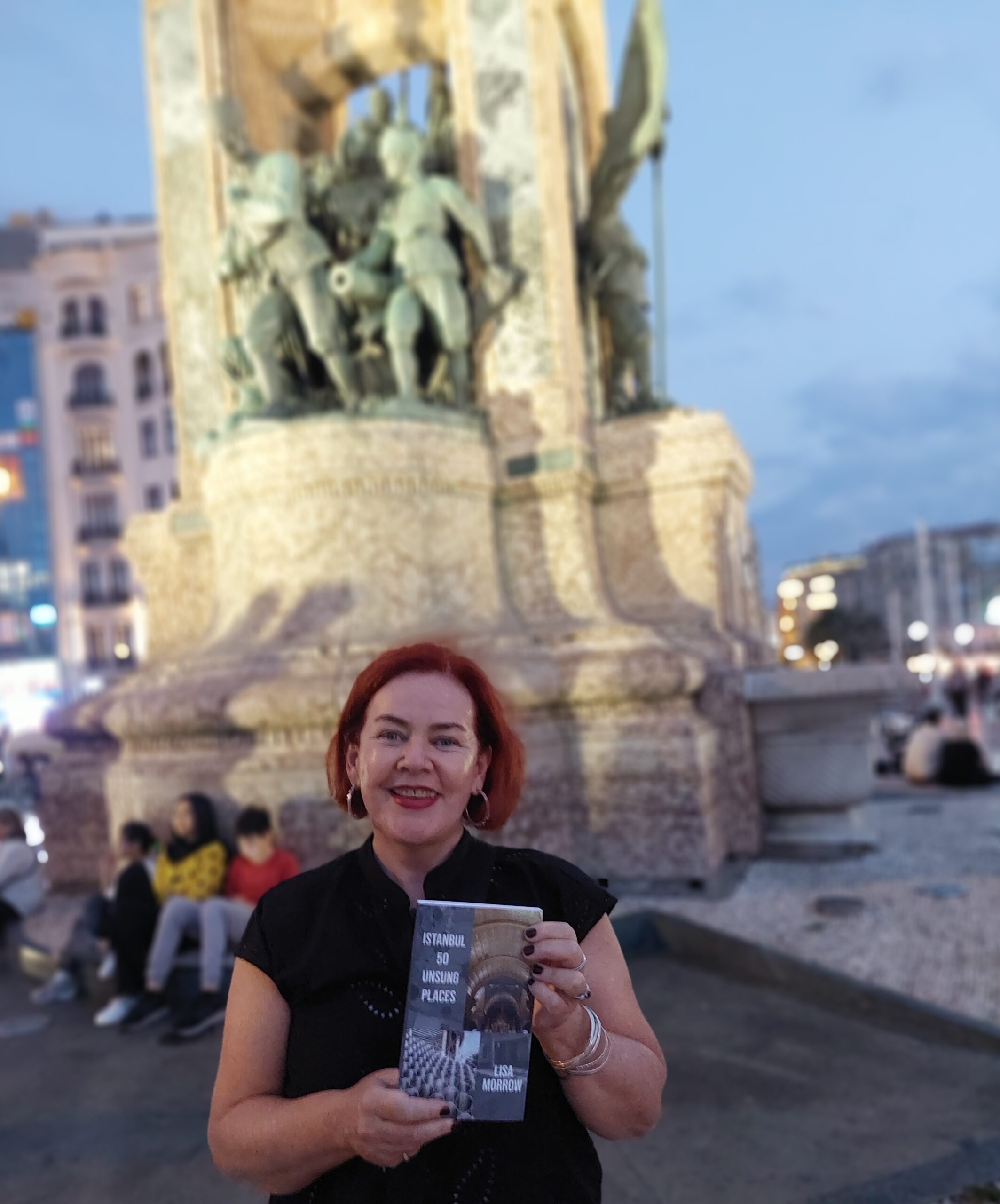
If you enjoyed this post and want to visit lesser known sites in the city, you find lots to discover in my guidebook Istanbul 50 Unsung Places.
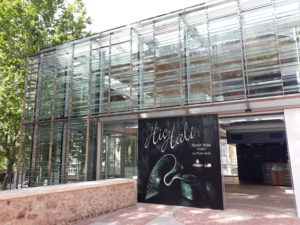
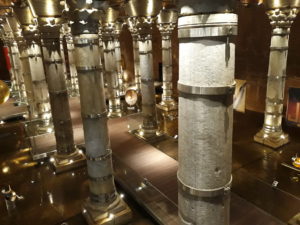
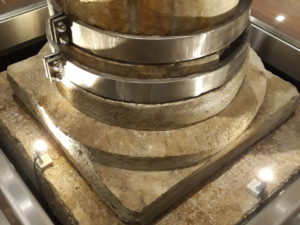
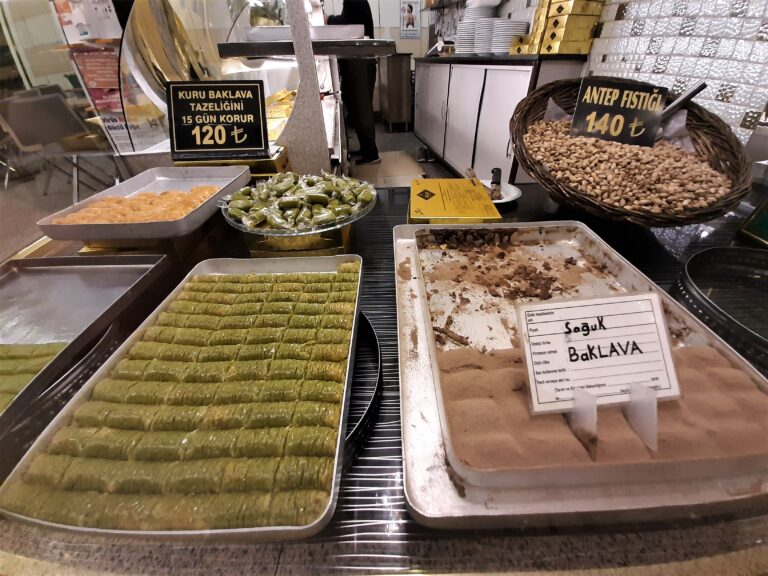
Just read about this cistern. It will be on our list of places to visit next May. Your posts are a mine of useful, off the beaten track places to visit, thank you.
It’s great to hear you find my site useful. Over the next few months I’ll be putting up more posts about old and new discoveries in the city. Happy travels.
its look amazing, where is this place?
It’s in Istanbul, near Sultanahmet where the main monuments are. I’ve put the address at the bottom of the post so if you check it in Google map you’ll be able to see where it is. It’s really stunning.